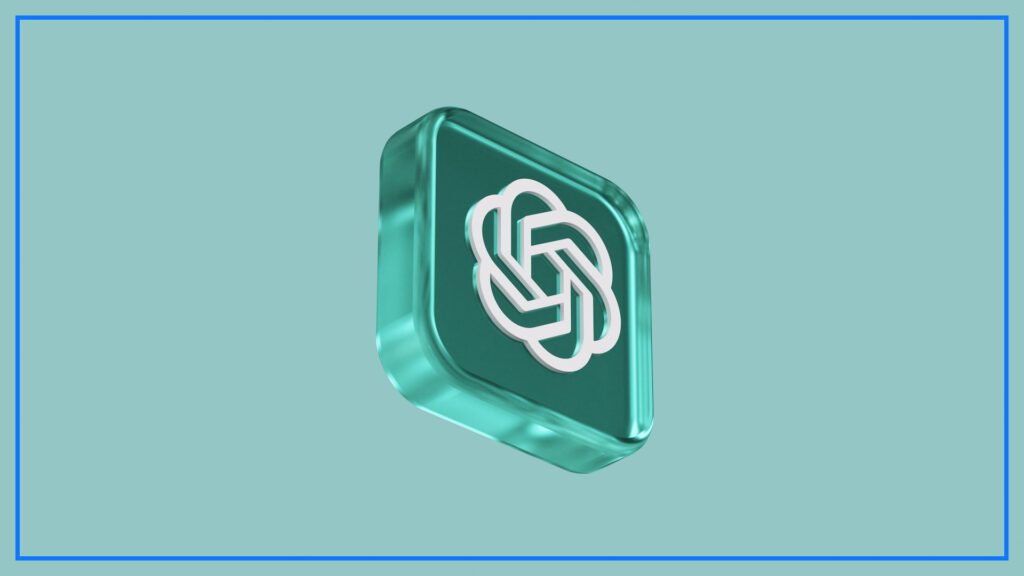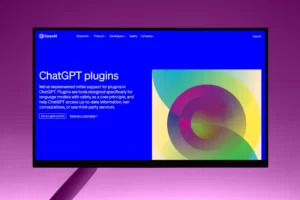ChatGPT, a cutting-edge language model developed by Open-AI, has revolutionized the way we interact with artificial intelligence.
However, with the power to generate human-like text, concerns arise regarding plagiarism in ChatGPT-generated content.
In this article, we will explore the challenges, solutions, and advancements in ChatGPT plagiarism detection, emphasizing the importance of ensuring originality and authenticity.

Understanding ChatGPT Plagiarism Detection
ChatGPT plagiarism detection is a vital aspect of maintaining ethical standards and the quality of AI-generated content.
Plagiarism occurs when ChatGPT generates text that closely resembles existing sources without proper attribution or originality.
By detecting and preventing plagiarism, we can ensure the integrity and reliability of ChatGPT-generated content.
Challenges in ChatGPT Plagiarism Detection
Detecting plagiarism in ChatGPT responses presents unique challenges that require specific attention. One such challenge is contextual understanding.
ChatGPT can produce content that paraphrases or rephrases existing information, making it crucial to evaluate the context and similarity of ideas rather than relying solely on word-for-word comparisons.
Successful ChatGPT plagiarism detection also needs to address the challenge of generating unique responses. The model’s ability to be creative and diverse can inadvertently lead to text similarities, both intentional and unintentional.

GET ACADEMIC WRITING HELP
Your assignment won’t be delivered on time: you’ll get it beforehand. Review your work immediately and ask for free revisions right away. Get extensive help in:
 Online Class
Online Class  Exam
Exam  Homework
Homework
 Assignment
Assignment  Essay Writing
Essay Writing  Dissertations
Dissertations
Existing Solutions for ChatGPT Plagiarism Detection
Several effective solutions help address ChatGPT plagiarism detection. Training the model on known plagiarism examples is an essential step to recognize and avoid similar content generation.
Additionally, utilizing large text corpora during training enhances ChatGPT’s ability to produce original content.
Fine-tuning models specifically for plagiarism detection tasks and encouraging collaborative approaches between AI developers, content creators, and educators contribute to more robust and accurate plagiarism detection mechanisms.
Advancements in ChatGPT Plagiarism Detection
Recent advancements have propelled ChatGPT plagiarism detection to new heights. Context-aware algorithms consider not only the generated response but also the prompt and conversation context, significantly improving detection accuracy.
Deep learning techniques, such as recurrent neural networks and convolutional neural networks, enable more precise analysis of complex patterns and linguistic nuances, enhancing plagiarism detection capabilities.
Furthermore, combining multiple detection methods and implementing enhanced evaluation strategies further strengthen ChatGPT plagiarism detection.
Implications of ChatGPT Plagiarism
The implications of plagiarism in ChatGPT-generated content extend to several critical areas.
Trustworthiness and reliability are compromised when users encounter plagiarized content, leading to a decline in user confidence. In educational settings, plagiarism undermines academic integrity and research ethics, necessitating a strong emphasis on originality.
Ensuring quality control in generated content is essential to maintain the standards and credibility of ChatGPT.
Strategies to Prevent ChatGPT Plagiarism
To mitigate the risk of plagiarism in ChatGPT-generated content, several strategies can be implemented.
Regular model updates and improvements continually enhance ChatGPT’s ability to generate original and unique content, reducing the chances of unintentional plagiarism.
Incorporating ethical guidelines during training reinforces the importance of originality and proper citation.
Scholarlyhelp, have prepared a perfect guide on how to use ChatGPT to write an essay which is the perfect guide out there to help anyone in their distress of making the deadline without the panic of plagiarism.
Encouraging user feedback and reporting helps identify potential instances of plagiarism, while collaboration with content creators and educators fosters the development of comprehensive frameworks and guidelines.
Final Verdict
ChatGPT plagiarism detection is crucial for maintaining the authenticity, reliability, and originality of AI-generated content.
By addressing the challenges, utilizing effective solutions, and embracing advancements in plagiarism detection, we can ensure that ChatGPT continues to be a trusted and valuable tool in various domains.
Upholding the principles of originality and ethical content generation promotes a responsible and trustworthy AI ecosystem.
Further, for non-plagiarized homework, essays, and other assignments let our experts help you with it.
What is ChatGPT plagiarism detection?
ChatGPT plagiarism detection refers to the process of identifying instances where ChatGPT-generated content closely resembles existing sources without proper attribution or originality.
How can ChatGPT plagiarism be detected?
ChatGPT plagiarism can be detected through a combination of approaches, including context-aware algorithms, deep learning techniques, and evaluation strategies that consider the prompt, context, and similarity of ideas.
Why is ChatGPT plagiarism detection challenging?
Detecting plagiarism in ChatGPT-generated content is challenging due to the model’s ability to generate diverse responses and produce text similarities unintentionally. Contextual understanding and uniqueness of responses are crucial factors in accurate detection.
What are the implications of ChatGPT plagiarism?
ChatGPT plagiarism can lead to a decline in user trust, compromise academic integrity, and affect the quality and reliability of generated content.
How can ChatGPT plagiarism be prevented?
Preventing ChatGPT plagiarism involves regular model updates, incorporating ethical guidelines during training, encouraging user feedback and reporting, and fostering collaboration between AI developers, content creators, and educators.


